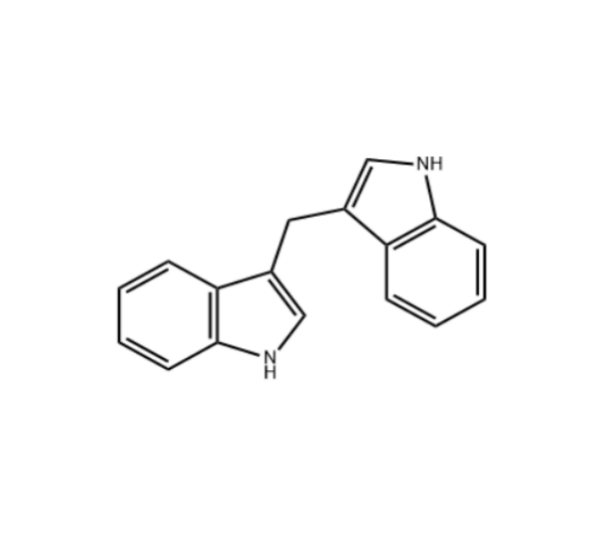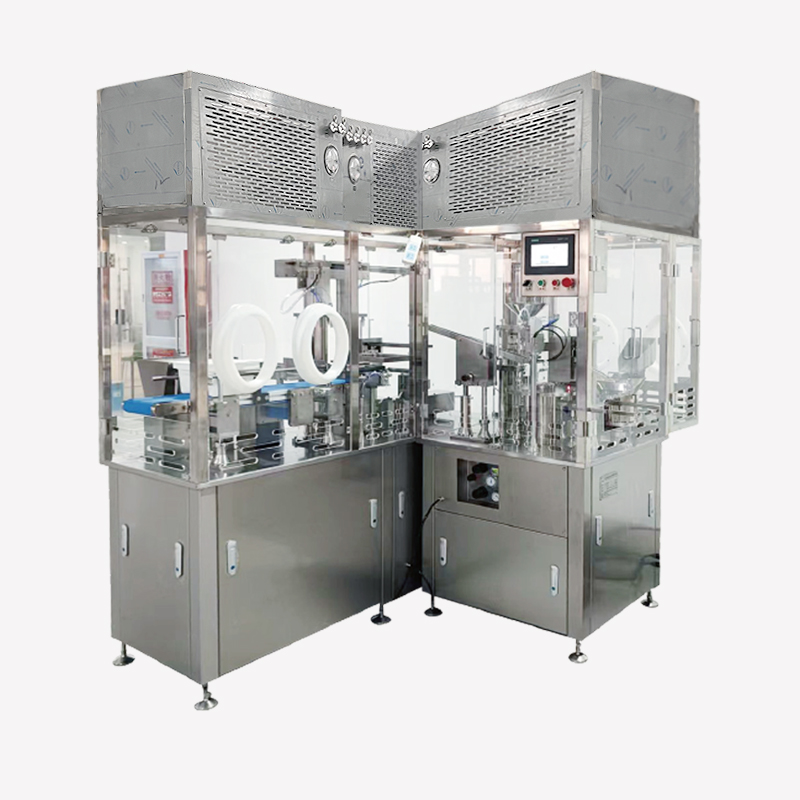Precision oncology often relies on treating patients with a single, molecularly matched therapy that targets one mutation in their tumor. In a report, published online in Nature Medicine on April 22, 2019, University of California San Diego School of Medicine researchers found that treating patients with personalized, combination therapies improved outcomes in patients with therapy resistant cancers.

"Response rates to therapies that target one alteration can be low and not durable. Our approach went beyond targeting a single alteration," said first author and co-principal investigator Jason K. Sicklick, MD, associate professor of surgery at UC San Diego School of Medicine and surgical oncologist at Moores Cancer Center at UC San Diego Health. "In collaboration with a multi-specialty team of oncology experts, we formulated a personalized combination therapy for each patient. With this approach, we saw an increased response rate, as well as improved overall survival and progression-free survival in patients who were highly matched to treatment versus those who were unmatched or less well-matched."
In general, patients considered highly matched were those who had more than 50 percent of their tumor mutations matched to drugs.
Of the patients treated who were highly matched with combination treatments that targeted multiple alterations, 50 percent saw their disease respond compared to 22 percent that were unmatched or less well matched.
The prospective navigation trial -- Investigation of Profile-Related Evidence Determining Individualized Cancer Therapy or I-PREDICT -- enrolled patients with previously treated metastatic cancers at either Moores Cancer Center or Avera Cancer Institute in Sioux Falls, South Dakota.
Molecular data, including genomic profiling using next generation sequencing technology developed by study collaborator Foundation Medicine, was gathered for each patient and presented to a molecular tumor board consisting of oncologists, pharmacologists, cancer biologists, geneticists, surgeons, radiologists, pathologists, and bioinformatics experts who focused on creating customized, multidrug combinations to target a majority of the genomic alterations in each patient's tumors.
The study consented 149 participants with metastatic, treatment-refractory disease, and, of these, 73 (49 percent) were matched to a therapy. Sixty-six were unable to be treated on the study, most commonly because their disease progressed too rapidly and they were placed in hospice or died, reflecting the advanced nature of their diseases.
"The percentage of patients matched was much higher than in most precision medicine studies because we implemented a team who instituted immediate review of genomic results, as well as navigators who helped patients and physicians access clinical trials, and off-label FDA-approved drugs," said Shumei Kato, MD, assistant professor of medicine at UC San Diego School of Medicine and one of the lead investigators.
The therapies ultimately administered to each of the 83 treated patients were based on the treating oncologists' choice and an individual patient's preference. Only 10 patients had completely unmatched treatment. Seventy-three of the patients and their treating physicians chose a personalized, combination therapy that was matched to genomic alterations. The drugs included gene product-targeted drugs, hormone therapies, immunotherapies and chemotherapies.
"Having 50 percent of patients with heavily pretreated disease responding when highly matched speaks to the importance of personalized, precision medicine combination approaches," said senior author and co-principal investigator Razelle Kurzrock, MD, director of the Center for Personalized Cancer Therapy at Moores Cancer Center. "Our next step is to determine if we can increase the benefit rate further if this strategy is instituted earlier in the course of the disease."
Patient outcomes were monitored until the disease progressed, treatment was no longer tolerated or the patient died.
"Personalized, multi-drug therapies have not been used as standard treatment because there are concerns about the safety of administering drug combinations that have not been previously studied together," said Sicklick. "Yet personalized combinations are necessary since no two tumors are exactly the same and so no two regimens will be the same. Our findings demonstrate that this approach is feasible and safe when patients are monitored closely and started on reduced doses."
Researchers say larger follow up studies are needed to confirm the findings.
Jason K Sicklick, Shumei Kato, Ryosuke Okamura, Maria Schwaederle, Michael E Hahn, Casey B Williams, Pradip De, Amy Krie, David E Piccioni, Vincent A Miller, Jeffrey S Ross, Adam Benson, Jennifer Webster, Philip J Stephens, J Jack Lee, Paul T Fanta, Scott M Lippman, Brian Leyland-Jones, Razelle Kurzrock.
Molecular profiling of cancer patients enables personalized combination therapy: the I-PREDICT study.
Nature Medicine (2019). doi: 10.1038/s41591-019-0407-5.
Register as Visitor to CPhI China 2019!

-----------------------------------------------------------------------
Editor's Note:
To apply for becoming a contributor of En-CPhI.cn,
welcome to send your CV and sample works to us,
Email: Julia.Zhang@ubmsinoexpo.com.





 ALL
ALL Pharma in China
Pharma in China Pharma Experts
Pharma Experts Market News
Market News Products Guide
Products Guide Brand Story
Brand Story


























 Pharma Sources Insight January 2025
Pharma Sources Insight January 2025








